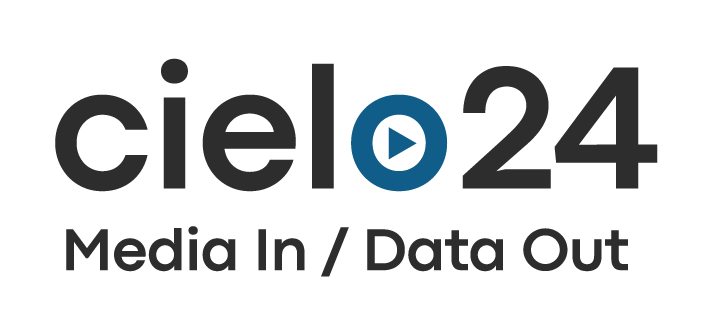Santa Barbara, CA - January 13, 2020 | cielo24, the industry leader in video captioning and…

The Evolving Workplace: Hybrid Work
Prior to the pandemic, remote and hybrid work was seen as a lonely and inefficient method of employment. In fact, nearly a quarter of remote employees reported that isolation and loneliness were major issues for them during their work.
Remote employees were not nearly as common as they are today and digital platforms for collaboration were not widely used and the functionality was subpar.
However, given the circumstances, many people around the world had to adapt and embrace remote and hybrid work as a necessity. Luckily, new technologies have helped this transition take place effectively.
The State of Remote and Hybrid Work Today
The advantages of remote and hybrid work are manifold. Empowering employees to design their work schedules around their own requirements has allowed them to work more effectively and productively than before.
According to Quantum’s 2021 State of Remote Work report, 30% of employees are hybrid and 35% work remotely. However, a key statistic is that 68% of employees want a hybrid work schedule full-time.
Though many companies are encouraging their employees to return to offices, it is difficult to deny the significant increases in efficiency the remote work era has brought to many different organizations.
Moreover, employee well-being has been an important topic of discussion. Thus, organizations should seriously consider the wants and needs of their employees, especially when it comes to hybrid and/or remote work models.
Why Hybrid Work is Here to Stay
As remote work has evolved into hybrid work, key data and statistics have shown the increases in productivity that can directly be attributed to these work models. In a recent report from Accenture, 83% of workers surveyed preferred a hybrid model, working remotely at least 25% of the time. With these advantages, hybrid work may become a norm in employment practices. However, to ensure success with remote employees, organizations must prioritize these reasons for success.
Resources for Employees
A key indicator of a productive hybrid employee is whether they have the right resources to perform effectively while working remotely. These can range from job autonomy, positive mental health to support leadership, and a digitally adept and mature organization. In other words, the company or organization must be willing to provide ample resources at the individual and organizational level for employees to be productive.
Digital Fluency
A digitally fluent organization has higher revenue growth and is more likely to be seen as a great workplace. Not only this, providing training and teaching digital skills to your employees allows organizations to flourish while ensuring that the workforce is connected.
Building Trust
All organizations must now reimagine their work models and offices not only to address health and safety, but also to prioritize employee trust and to provide a better experience in the workplace. Whether that is in an online setting or in-person, organizations should adhere to employees’ needs and provide the correct resources to accompany the selected work model.
Hybrid Work Conclusion
Hybrid work has become the norm in this day and age. Whether it’s temporary or permanent remains to be seen. However, what is certain is the considerable effects that hybrid work has had on employees. The freedom, flexibility, and comfort that employees have experienced cannot be denied. And, consequently, the surges in productivity and efficiency are evident.
cielo24 provides digital accessibility solutions – Captions, Transcripts, Audio Description
 Using our own robust AI machine and human quality control, we offer a full suite of accessibility solutions. Sign up for the Self Serve web app where human-verified transcriptions and captions start at less than $1/minute. Contact us online to get started!
Using our own robust AI machine and human quality control, we offer a full suite of accessibility solutions. Sign up for the Self Serve web app where human-verified transcriptions and captions start at less than $1/minute. Contact us online to get started!
Looking for Audio Description? Get started with WCAG 2.1 AA compliant Audio Description product. cielo24’s new Audio Description solution brings an improved video experience to people with low vision, vision impairment, and blindness. Give it a try now >>


